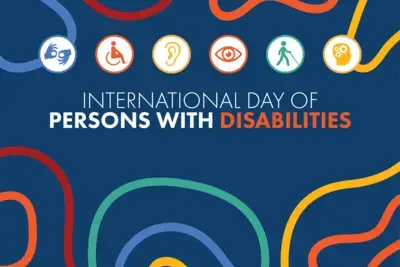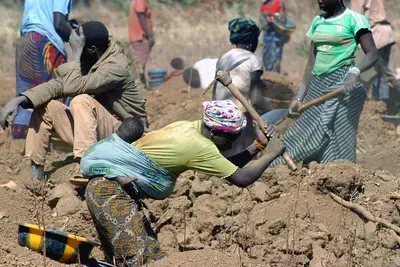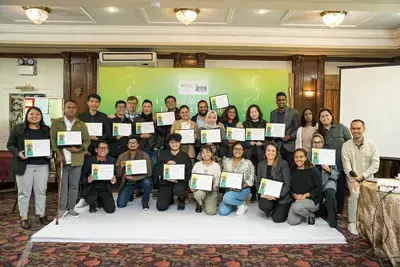
Success Story
NDI Delegation Finds Both Cautious Optimism and Serious Challenges for 2013 Pakistan Elections
Noting the importance of Pakistan’s 2013 elections to the direction the country will take in the years ahead, an NDI assessment mission found cautious optimism among Pakistanis that progress toward democratic governance will continue. But the delegation also cited serious challenges that, if unaddressed, “could derail the reform momentum and impact the integrity of the elections.”
The NDI mission visited Pakistan from Dec. 16 to 21 and reviewed the political environment and framework for elections for the national and provincial assemblies, which are expected to take place between March and May of next year. The group met with election authorities and government officials, political party leaders, media representatives, civil society and citizen monitoring groups, and international organizations. It released a report on its findings at a news conference in Islamabad.
Members of the delegation were the Rt. Hon. Joe Clark, former prime minister of Canada; Xenia Dormandy, senior fellow at Chatham House and former director for South Asia at the U.S. National Security Council; Siti Nursanita Nasution, former member of the Indonesian House of Representatives; and Peter Manikas, NDI director of Asia programs.
“The 2013 elections present an opportunity for Pakistan to continue its reform momentum and advance its democratic transition,” the delegation said, pointing out that the polls could mark the first time in Pakistan’s history that an elected civilian government transferred power through a democratic process.
Positive developments cited by the delegation included the adoption of constitutional amendments that have strengthened the institutional role of parliament and increased the independence and transparency of the Election Commission of Pakistan (ECP), and “rarely seen” cooperation among political parties on the adoption of electoral rules and measures to bring the Federally Administered Tribal Areas into the mainstream of political life.
“As one political activist told this delegation, ‘this is the first time there is hope about an election in Pakistan,’” the report said.
But the delegation also cited a number of serious challenges, including increasing political violence that threatens to prevent some political parties from openly campaigning in parts of the country; the low level of participation by women who are “considerably underrepresented on the national electoral rolls”; questions about the impartiality of local ECP staff; potential problems with the voters’ list; and lengthy delays in resolving electoral disputes that raise concerns about the fairness of the elections.
“It is imperative that the new government has the legitimacy that comes from being elected through a credible election process,” the mission said.
The delegation also mentioned the nation’s “unprecedented youth bulge.” Nearly half of the 85 million registered voters to date are under 35 and a significant percentage will be voting for the first time. “This youthful cohort presents a challenge to government, political parties and civil society because the continuation of democratic development will depend, in large part, on their inclusion in the political process,” the delegation said.
At the conclusion of its report, the delegation offered a number of recommendations. They included:
- Carrying out robust voter education in multiple languages using various media;
- Greater accessibility to the voters list;
- Publicizing security plans and training members of the armed forces on their roles and responsibilities in the electoral process;
- Protecting the right of women to vote;
- Measures to ensure election monitoring;
- Enforcement of electoral regulations and codes of conduct;
- Review of the regulations concerning transport of voters to the polls;
- Using social media to broaden voter engagement;
- Measures to improve the timing and transparency of the electoral complaints process;
- Monitoring adherence to codes of conduct;
- Adjusting locations and improving accessibility to polling stations;
- Improving civic awareness through the airing of public service issues and voter education on radio stations in local languages; and
- Support for timely legislative action to address electoral reforms.
Read more:
Published Dec. 21, 2012



